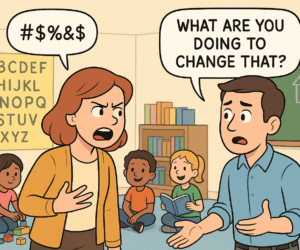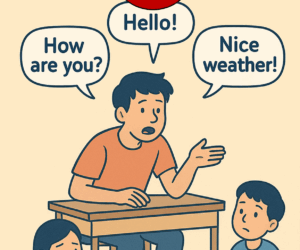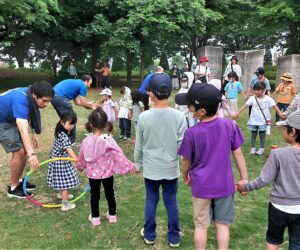MY English School is hosting a two-day professional development weekend with featured guest Michael Griffin on October 18-19. Both days of the event are free and open to the public.
Anyone wishing to stay overnight at the hotel and onsen is welcome to join us for the opportunity to interact with the presenter and other attendees in a more relaxed setting. The deadline for a hotel & dinner banquet reservation is October 11. Please contact Chris Saunders regarding reservations and details.
Event Speaker: Michael Griffin
Session Topics:
- Practicing Reflection
- (Re)considering “bad teaching practices”
- Behavioral Economics
When :
Friday, October 18th, 2pm – 5pm
- Behavioral Economics
Saturday, October 19th, 10am – 5pm
- (Re)considering “bad teaching practices
- Practicing Reflection.
Where: Zao Onsen, Forest Inn Sangoro
〒990-0017 Yamagata, Kamihozawa, 不動上国有林28
https://goo.gl/maps/e2oQxusYiM7HdcrRA
Driving Directions:
https://goo.gl/maps/bn65uD156ZpvJnkdA
Contact or questions: Chris Saunders
saunders@myeigo.com
Event Theme: Professional Development
Admission: Free for everyone
Overnight Cost: 10,000 yen, including: Nomihoudai Dinner, Breakfast, Hotel room.
Abstracts:
Practicing Reflection: Reflective Practice is something of a buzzword in ELT. “What does it mean, and how do we do it?” are two very reasonable questions. Reflective Practice seems to mean different things to different people, though most agree it’s important and useful. In this interactive session, we will broadly define the term and think about what it means to us before diving into activities that will offer hands-on practice reflecting. Through this practice participants will find ways to include reflection as a pillar of their own teaching. This session will offer guidance, tips, questions to consider, feedback, and strategies for becoming a (more) reflective practitioner. There will also be a great deal of practice. Through practicing reflection in a guided way and learning strategies and techniques for further reflection, participants will become more comfortable and skillful reflecting on their own in their regular work.
(Re)considering “bad teaching practices: There is no shortage of received wisdom about what the “bad” teaching practices are in EFL. Training courses, conferences, workshops, and colleagues are common sources to learn what’s “bad” and should thus be avoided. Chances to step back and consider why this is so are not as common. Many teachers internalize the “rules” about these “bad” practices but don’t examine specific cases and contexts were these practices might not be so bad. In this interactive workshop, participants will be asked to consider the potential positives of widely-known and negatively-viewed teaching practices. Ideas and assumptions about what constitutes “bad” teaching will be challenged, and participants can expect to walk away with a clearer idea of their own beliefs on common and commonly mentioned practices.
Behavioral Economics: Are there things Kahneman, Thaler, Harford, and Levitt can teach us about English language teaching that Thornbury, Nation, Graves, and Ur cannot? What can insights can behavioral economics provide to English teachers? In this interactive workshop, the world of Behavioral Economics will be connected to the world of English Language Teaching. Prominent and accessible theories from the field of Behavioral Economics, like the endowment effect, sunk-cost fallacy, endowment theory, and loss aversion, will be applied to English teaching. Questions about how such theories can be applied will be raised and considered. Participants can expect to walk away with insights from Behavioral Economics and new ways of framing and attempting to work through challenges they encounter in the world of English language teaching.
About the speaker:
Michael Griffin has been involved with English teaching for 20 years. He has worked as a teacher, teacher trainer, trainer-trainer, curriculum developer, substitute teacher, assistant director, and mentor. Intercultural awareness, world Englishes, curriculum development, alternative ways of teacher development, and reflective practice are some of his main interests. Currently, Michael works online with the New School’s MATESOL program and for World Learning on American English E-Teacher courses sponsored by the US Department of State. He blogs at http://eltrantsreviewsreflections.wordpress.com.
Hotel Website:
http://www.sangoro.co.jp/index.html/
Photos of the hotel and venue:














